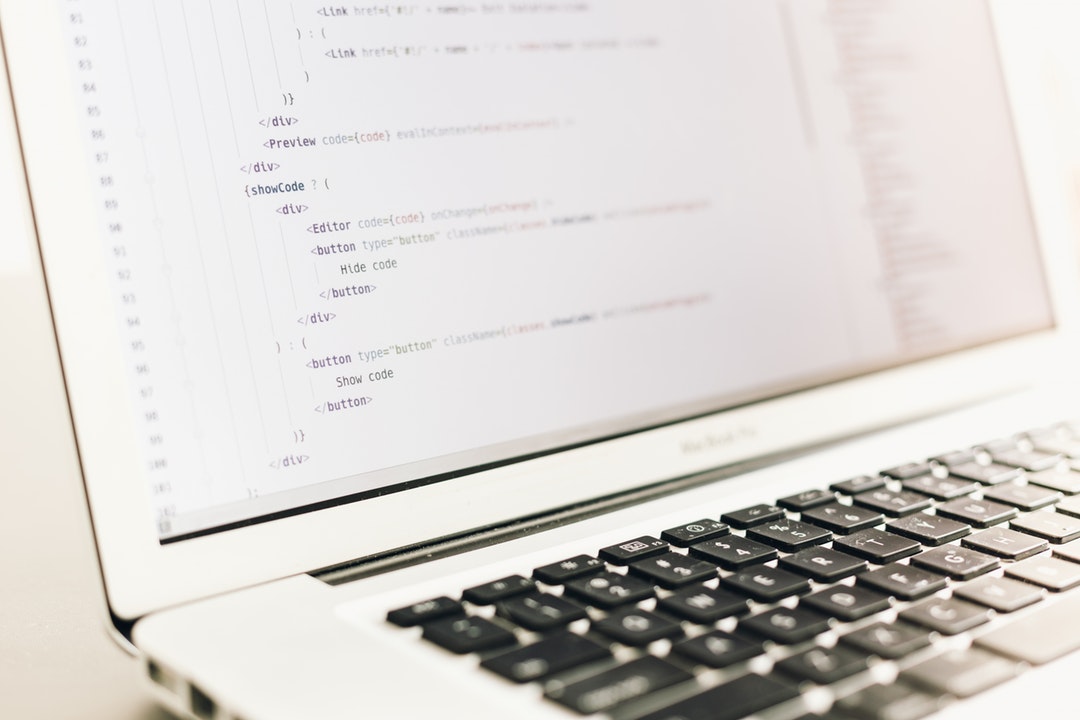You may not even realize it, but we all rely on the internet every day for many aspects of our lives. In fact, it’s hard to imagine life without it nowadays.
The internet is responsible for many of our daily operations, like finances, banking, shopping, and many other things. But who controls the internet?
Read on to learn more about how the internet is regulated.
What is the Internet?
The best answer the question of who exactly controls the internet, one must look at where information passes through most frequently.
The internet is essentially just a large network of other smaller networks that are all interconnected. These smaller networks are a system of routers and IP addresses that all interact with each other. These interactions and communications between networks are called protocols.
Because of the many networks that exist, not one particular entity owns the internet. Instead, many large companies have a lot of say in how it functions.
Caretakers of the Internet
Though no entity is the sole owner of the internet per se, there are caretakers of networks. As of today, there are a number of organizations that handle the maintenance aspect of the internet.
A few of these include the Internet Society, the Internet Corporation for Assigned Names and Numbers, also known as ICANN, and the Internet Architecture Board. Some of these are public organizations that encourage feedback and participation.
Others are private, such as ICANN. This organization, in particular, is responsible for managing domain names.
Together, these organizations share input on how the internet should evolve. In theory, one organization does not have more power than other organizations. However, private organizations like ICANN have the power to approve domain names for individuals or corporations.
In unison, these organizations still don’t own the internet. Instead, they provide internet governance and all the necessary infrastructure support to keep it up and running.
Internet Providers
As with the organizations that manage the internet, there exist provider companies. Back in the old days when the world wide web first got started, a network of computers known as ARPANET was the main system.
This primarily served government agencies, research facilities, and several universities that were developing the technology. This started in the United States as a branch of the Department of Defense.
Therefore, it’s possible to say that at one point in time, the internet was owned by the United States. However, this is no longer the case.
Nowadays, there are multiple service providers that exist. These vary by nation, and even areas within states.
Some of the largest and most popular provider companies include Verizon, AT&T, and Sprint. In a way, these large companies control the usage of the internet, so they play a small role in the ownership of networks.
Who Owns the Major Markets?
Companies like Google and Facebook are owners of many smaller companies that operate as social media systems.
These companies hold a large stake in what information is shared. More importantly, they have access to your personal information.
You may have noticed by now that if you search a product online, you’ll start to get targeted ads. Information that you input into these search engines and platforms gets used to create data about you and your interests.
This data is then used to advertise products based on the things you like. As you scroll through your feed, you’ll notice things that align with your tastes or needs. That is how their business model operates, for the most part.
These corporations control how people consume data. These companies design algorithms to not only target audiences with products, but also content.
You may think you’re researching the whole web when you search for something on Google, but SEO searches make it so that popular content hits your search page first. The more popular the page is, the more likely it will pop up on your feed first.
But even still, not one large corporation owns the internet. Much like the telephone system, it is operated by many companies and people.
So Who Owns the Internet?
Not one single government or country can claim that they own the internet. Each nation, however, can regulate how it is used.
Simply put, you may be the owner of the tools that utilize the internet, like your computer, smartphone, and even your domain, but you only rent the internet.
Recently, there have been tensions amongst providers and content developers regarding net neutrality. Net neutrality is the idea that internet service providers should not block access to content that has an unfavorable source.
The idea of the internet was born as a free market. Supporters of net neutrality believe that allowing internet service providers to control consumer access to certain content would be unlawful.
There is growing support for the idea that such control could harm freedom of speech and innovation, and would give corporations too much power.
Therefore, it’s possible that in the future, such corporations could technically own the internet in a sense. If they possess the ability to regulate content for their financial gain, they will have gained ownership of the medium.
Who Controls the Internet?
At the moment, a number of corporations, organizations, and service providers regulate the internet. Though there is not one sole owner across the globe, there are arguments to be made about who controls the internet.
For more discussions on technology, check out our reviews page.

